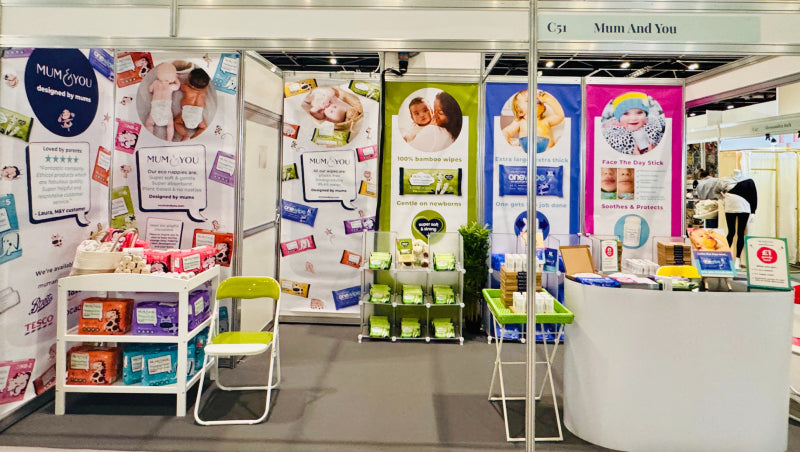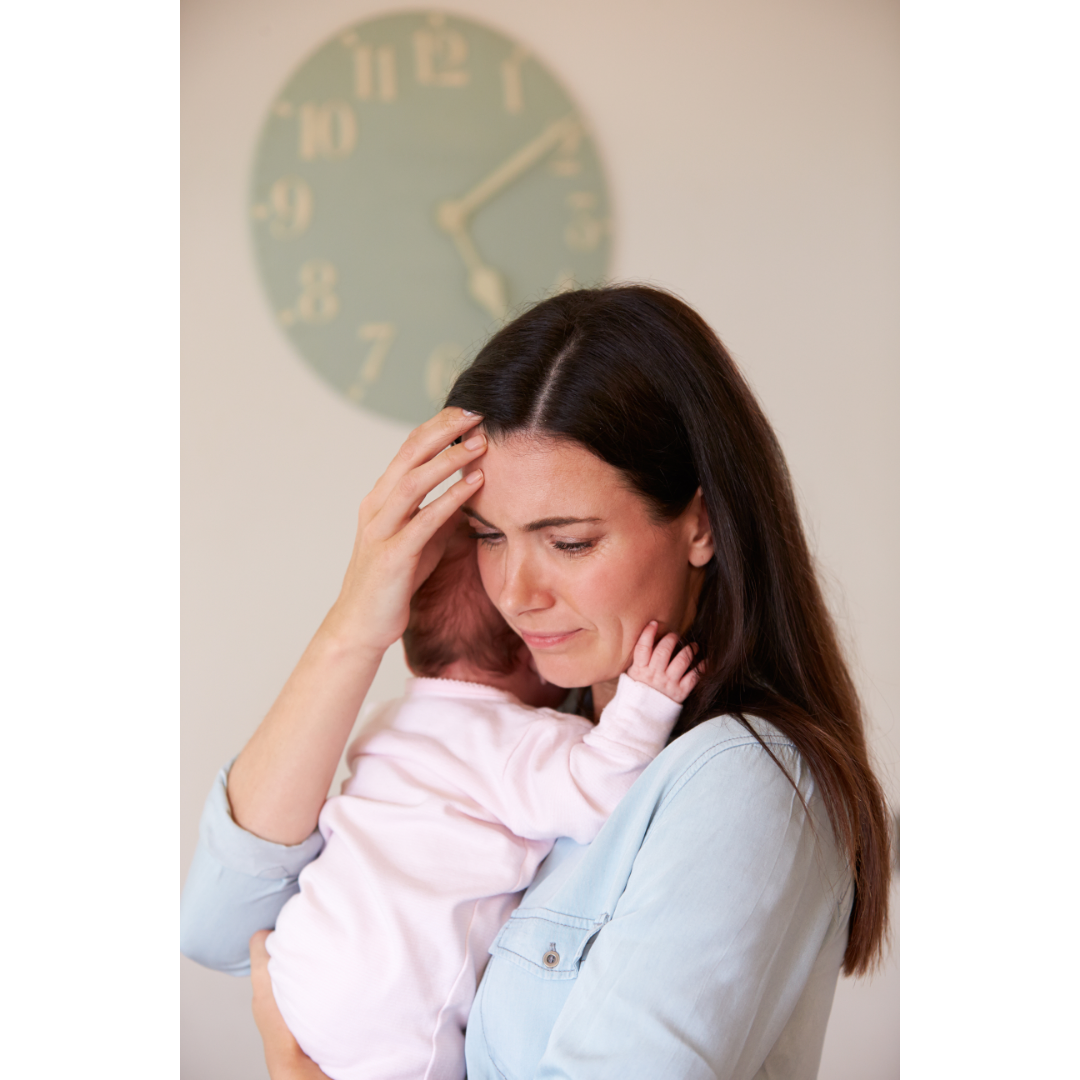
New guidance on menopause in the workplace
As women journey through different stages of life, one significant transition they face is perimenopause and menopause. These natural processes bring about hormonal changes that can impact various aspects of health and well-being, including work performance. Recognising the importance of supporting women during this phase, the UK has introduced new guidelines for companies to provide better assistance to their employees experiencing perimenopause and menopause.
As a company of mainly women, Mum & You fully support any change that will help women in the workplace. We often discuss here the gap in women's health and the underrepresentation of the impact of the menopause. We learn about periods and pregnancy in school but the menopause? That seems to be left unspoken to those 40 something people going through it. And yet it is the biggest hormonal change a woman will go through. If someone you know is going through the menopause, the symptoms and changes they feel can have an impact on you and those around them, whether that's their children, partner, friend, colleague or employee.
What is perimenopause?
Perimenopause, often referred to as the menopausal transition, typically begins several years before menopause and can begin as early as in the 30s. Most people know about hot flushes, but during this time, women may experience some, but not all, irregular periods, changes in periods becoming heavier or lighter, dry skin, dry eyes, mood swings, anxiety, racing heartbeat, sleep disturbances, brain fog, mental health issues, migraines, muscle and joint pain and many other symptoms as their estrogen levels fluctuate.
What is the menopause?
Menopause marks the end of period menstruation and fertility, usually occurring around the age of 50. But all the symptoms listed above may continue beyond menopause.
What are the new menopause guidelines?
While perimenopause and menopause are natural phases of life, they can significantly impact a woman's quality of life, including her ability to perform effectively at work. Recognising this, the UK government has introduced guidelines to encourage employers to provide better support to women experiencing these transitions.
Research shows that one in ten women surveyed who have worked during the menopause have left their jobs due to symptoms, while two thirds of working women between the ages of 40 and 60 with experience of menopausal symptoms said they have had a mostly negative impact on them at work.
Women are literally leaving their jobs because the perimenopause is making them feel they can't do it anymore. One of the key aspects of the new guidelines is raising awareness and understanding of perimenopause and menopause in the workplace. By educating managers and employees about the symptoms and challenges associated with these stages, companies can create a more supportive environment where women feel comfortable discussing their experiences and seeking help when needed.
Furthermore, the guidelines recommend implementing flexible working arrangements to accommodate the fluctuating symptoms of perimenopause and menopause. This could include options such as flexible hours, remote working, or adjustments to workload and responsibilities. By offering flexibility, companies can help alleviate some of the stress and discomfort experienced by women during this time, allowing them to continue contributing effectively to the workforce.
In addition to flexibility, the guidelines encourage companies to provide access to appropriate support and resources for women going through perimenopause and menopause. This may include access to healthcare professionals for advice and treatment options, as well as information about lifestyle changes that can help manage symptoms.

By prioritising the well-being of employees experiencing perimenopause and menopause, companies can create a more inclusive and supportive workplace for women of all ages. Not only does this benefit individual employees, but it also contributes to a more positive and productive work environment overall
Where to get help or learn more
- @Menopause_doctor - Dr Louise Newson, GP and menopause specialist with over 530k Instagram followers
- The Menopause Charity - dedicated to supporting women and raising awareness
- NHS - symptoms and treatment advice from the NHS
In conclusion, perimenopause and menopause are natural phases of life that can have a significant impact on women's health and well-being, including their work performance. The new guidelines introduced by the UK government aim to improve support for women experiencing these transitions in the workplace. By raising awareness, offering flexibility, and providing access to support and resources, companies can ensure that women going through perimenopause and menopause feel valued, respected, and supported in their professional lives.
Want to keep up to date with our future blogs like this one? Subscribe to our mailing list for more tips and special offers you surely won’t want to miss!
Where next?







